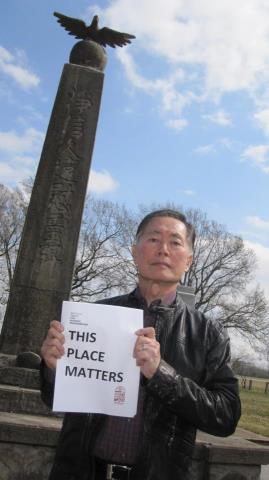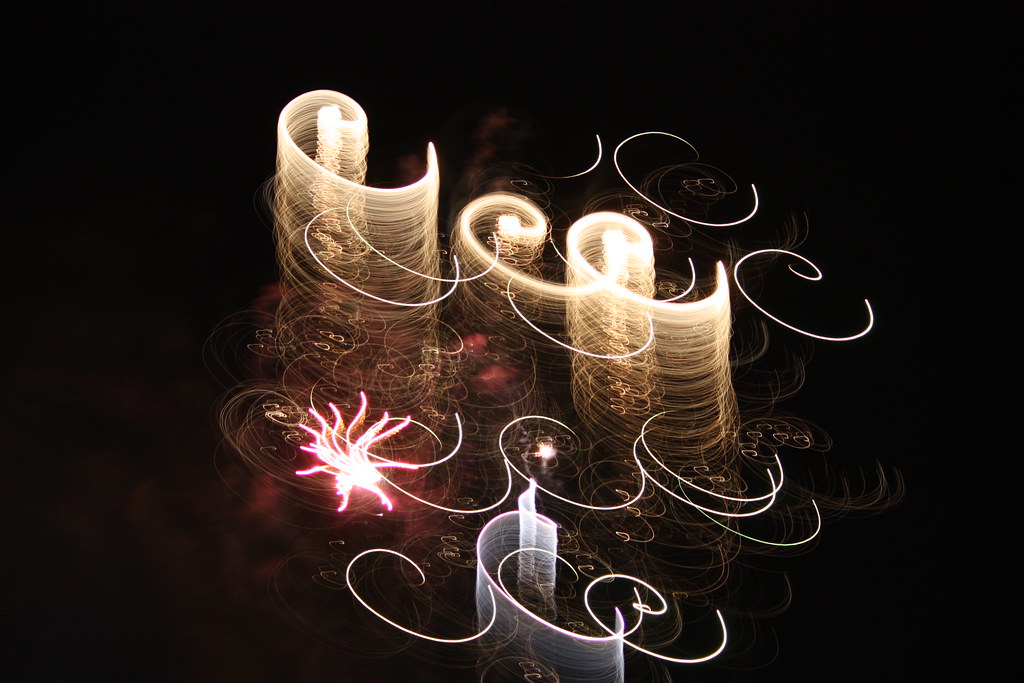As directed, I read the first chapter of Bruce Schneier's new book Liars and Outliers (unfortunate title, I thought it was a takedown of Malcolm Gladwell) immedately upon it's arrival and I'm already having thoughts about it.
Schneier is talking about reputation systems and I think a genuine interest and desire for Wuffie (the person to person based reputation system described by Cory Doctorow in Down and Out in The Magic Kingdom). But on the other hand, what Schneier is also saying is that mankind has been able to cooperate and succeed even though it lacks this reputation system. The creation of social norms that promote a societal good seems to be acceptable to most people and thus we can trust them enough to work with them and develop a working relationship.
This of course reminded me of Burning Man and how when people are focused on working together, magic will happen. It's just assumed and a given that at Burning Man no one will mess with your stuff or you. It's very unlikely to see "bar fight" at Burning Man. Everyone is willing to work together. There is something about our transition from human in normal everyday capitalist society to participant in a desert survival gift economy that ads a certain instant trust value to people you've never met before.
How do we create more of this valuable openness that can lead to instant cooperation? How can people who are turned on and ready to create more of this trust help lead to more and more interconnected trust networks? Can Facebook or another such corporate owned social network really connect people in a way they can trust to create these trust networks? Can friend to friend connections connect the whole world and allow us to trust everybody? Can we flip this negative worldview of humanity simply by explaining the natural trust networks that already exist between all humans? Not sure if Schneier will answer these questions in his book, but I certainly hope to find out. It seems he's probably going to explain how this societal trust network functions with the help of people who break negative societal norms and the determint of parasites who break the system.
(if it gets lost in my massive unread book stack, I wanted to get at least this part of the review out, because I was really honored that he sent me a signed copy at a good price for me to review. I really enjoyed reading his classic book Secrets & Lies and it really influenced my thinking about the human aspect of security and trust, and now he's back for more....)
June 14, 2013
Why We Must Remember Rohwer

As I write this, once again the national dialogue turns to defining our enemies, the impulse to smear whole communities or people with the actions of others still too familiar and raw. Places like the museum and Rohwer camp exist to remind us of the dangers and fallibility of our democracy, which is only as strong as the adherence to our constitutional principles renders it. People like myself and those veterans lived through that failure, and we understand how quickly cherished liberties and freedom may slip away or disappear utterly.
Why We Must Remember Rohwer -- George Takei
Amazon Kindle - The Anti-Social Reader, how clipping limits make pirated ebooks better than paid ebooks
via Nitpicking Kindle
THURSDAY, DECEMBER 30, 2010
Full disclosure, I've never bought an e-book before. This week I bought Infinite Jest. I figure if you're gonna pay ten dollars for something that isn't real, you should really get your money's worth out of that ten dollars.
I like to highlight things. I like to share them. That's why I got a Kindle. I wanted to become a SOCIAL READER. I wanted to share quotes from the books I'm reading to my social network, I wanted to write about the books I'm reading using quotes from the books. Amazon Kindle seemed like the right way to do this. Boy was I wrong.
While at lunch, reading my Kindle, I attempted to make a highlight. I was greeted with this omniously foul screen:

"Unable to share. You have reached the clipping limit for this item."
WTF! Clipping limit? The book is 1,079 pages. WTF limit! I understand if you had a limit that stopped people from clipping the entire book, or if it was based upon the length of the individual clip, but I only want to share a paragraph. It's not going the ruin the 1,079 pages for anybody. The publisher already has my 10 dollars. I also bought a hardback copy of the book for 15. The publisher has made a full 25 dollars off me, what more do they want?
Can they really stop me from clipping? No.

a footnote from Infinite Jest
But they can ruin Social Reading. They can take away our ability to read and share easily, which was the whole point of the Amazon Kindle.
It was supposted to be a gateway into a new world of social reading. I've always quoted passages in my history papers, footnoted passages with credit to the author and information on how to find the book. This allows others to seek out the source material and read it for themselves. If I quote a passage from Infinite Jest, I'm advertising the book on the internet for you, so that others will hear about it and buy the book. Other than the above mentioned case of someone clipping the entire book, they have nothing to worry about. The only thing they're doing is annoying their paying customers. I've paid. Why fuck me in the mouth when I'm trying to do you a favor and share information about your book? Discussing it on the internet with other readers brings life to the text. That's what social reading is about. Not "clipping limits", which I may add were NOT defined when I purchased this book, NOT negoitable, as though I could expand my clipping limit by paying more and pretty much turns this magical ebook into a rotten piece of shit. Readers of the freely downloadable pdf copy that's floating around out there don't have to deal with this restriction. So basically you've made your paid product less useful than the free version. And you didn't stop me from sharing, you just pissed me off.
Also, please tell me, where on this page does it say this book comes with a "clipping limit"? Seems like false advertising to me. I smell a lawsuit.
THURSDAY, DECEMBER 30, 2010
Full disclosure, I've never bought an e-book before. This week I bought Infinite Jest. I figure if you're gonna pay ten dollars for something that isn't real, you should really get your money's worth out of that ten dollars.
I like to highlight things. I like to share them. That's why I got a Kindle. I wanted to become a SOCIAL READER. I wanted to share quotes from the books I'm reading to my social network, I wanted to write about the books I'm reading using quotes from the books. Amazon Kindle seemed like the right way to do this. Boy was I wrong.
While at lunch, reading my Kindle, I attempted to make a highlight. I was greeted with this omniously foul screen:

"Unable to share. You have reached the clipping limit for this item."
WTF! Clipping limit? The book is 1,079 pages. WTF limit! I understand if you had a limit that stopped people from clipping the entire book, or if it was based upon the length of the individual clip, but I only want to share a paragraph. It's not going the ruin the 1,079 pages for anybody. The publisher already has my 10 dollars. I also bought a hardback copy of the book for 15. The publisher has made a full 25 dollars off me, what more do they want?
Can they really stop me from clipping? No.

a footnote from Infinite Jest
But they can ruin Social Reading. They can take away our ability to read and share easily, which was the whole point of the Amazon Kindle.
It was supposted to be a gateway into a new world of social reading. I've always quoted passages in my history papers, footnoted passages with credit to the author and information on how to find the book. This allows others to seek out the source material and read it for themselves. If I quote a passage from Infinite Jest, I'm advertising the book on the internet for you, so that others will hear about it and buy the book. Other than the above mentioned case of someone clipping the entire book, they have nothing to worry about. The only thing they're doing is annoying their paying customers. I've paid. Why fuck me in the mouth when I'm trying to do you a favor and share information about your book? Discussing it on the internet with other readers brings life to the text. That's what social reading is about. Not "clipping limits", which I may add were NOT defined when I purchased this book, NOT negoitable, as though I could expand my clipping limit by paying more and pretty much turns this magical ebook into a rotten piece of shit. Readers of the freely downloadable pdf copy that's floating around out there don't have to deal with this restriction. So basically you've made your paid product less useful than the free version. And you didn't stop me from sharing, you just pissed me off.
Also, please tell me, where on this page does it say this book comes with a "clipping limit"? Seems like false advertising to me. I smell a lawsuit.


